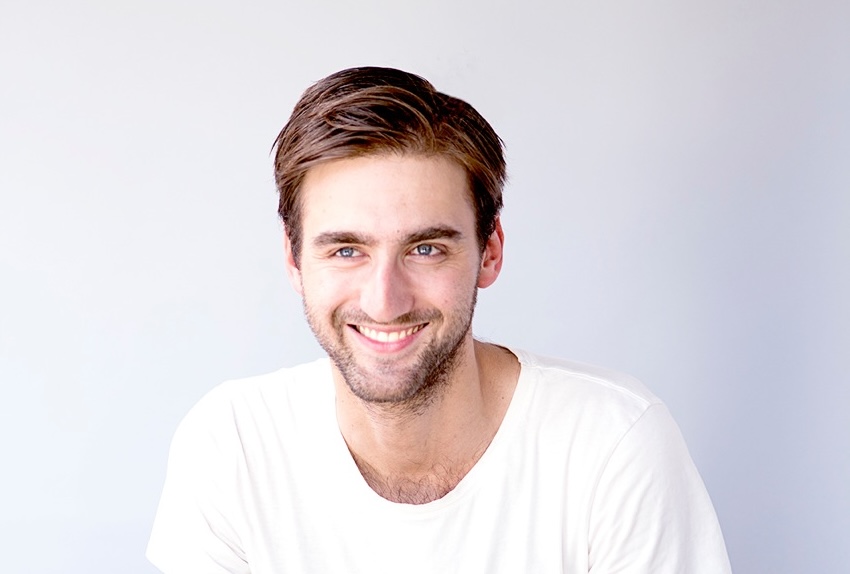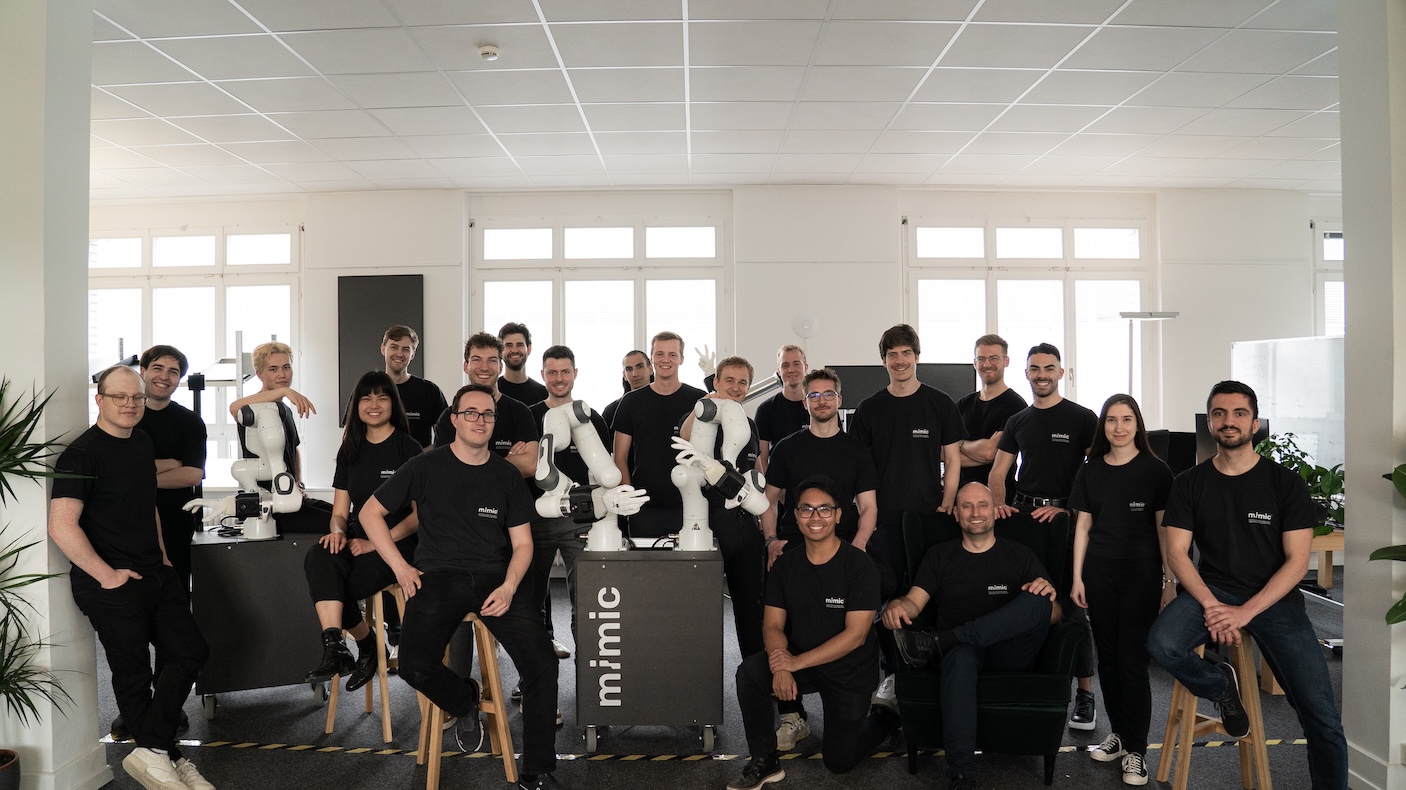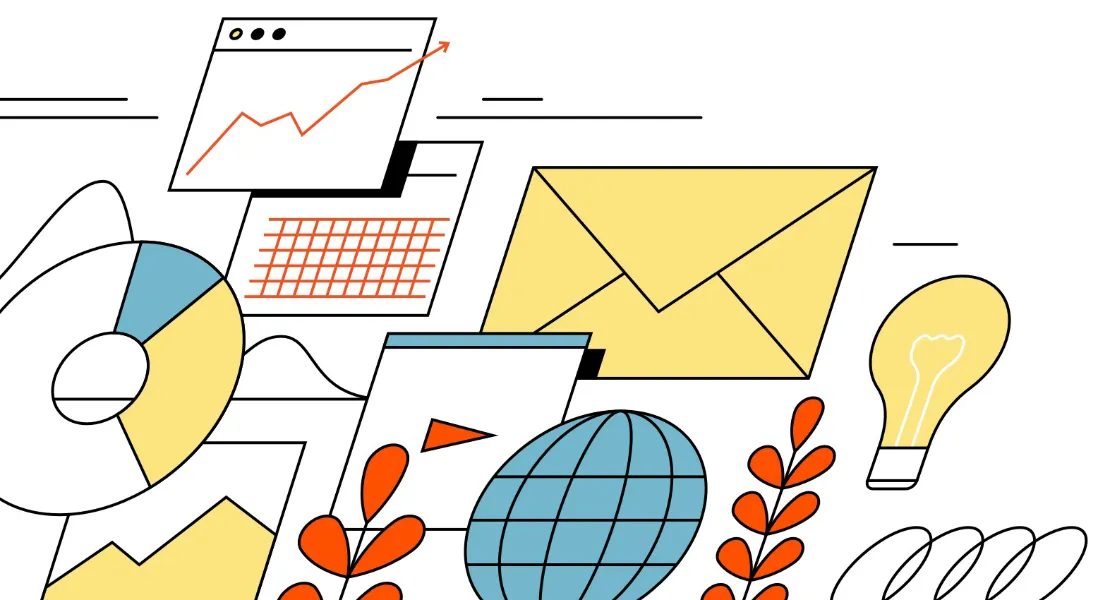Taking Back Control of Your Phone: Our Investment in Opal
Screen time = money.
Online content providers make money with clicks and time spent. The more content people consume, the more companies get paid.
So these companies are under a lot of pressure to prioritize engagement and growth. This has created a race for human attention that doesn’t take into account what the costs may be. They have created addiction machines, very similar to gambling, that specialize in keeping users hooked to their screens with infinite scrolling, subconscious triggers, autoplay of the next video and disappearing stories.
Tristan Harris, the founder of Center for Humane Technology, notes, “When you open up the blue Facebook icon, you’re activating the AI, which tries to figure out the perfect thing it can show you that’ll engage you. It doesn’t have any intelligence, except figuring out what gets the most clicks.”
The addiction machines work.
People’s screen time has been ever-increasing. On average, we spend more waking hours on screens than in real life. We open apps without thinking and stay on them for longer than we’d like.
According to research from RescueTime, most smartphone users spend 3.5h — 4.5h on their screen per day. Not only are they kept on their screen, but they are skipping from one content piece to another.
Research from Stanford University has found that 75% of screen content is viewed for less than 1 minute, most people switched between different content every 19 seconds. And let’s face it, we’re not being productive between those short screen views either.
Social media usage has increased and Covid has accelerated this as people spend more time at home:
Device usage over time and COVID-19 device usage comparison

If you want to find out more about the attention economy, I highly recommend you watch the Social Dilemma on Netflix and the great Vox video, It’s not you. Phones are designed to be addicting.
The attention economy is bad for our health… and people know it.
And we’re not just spending more time with our screens, but our health is suffering because of it. Some of the effects of screen addiction include:
- Negative impact on our physical and mental health (stress, loneliness, addiction)
- Shorter attention spans (loss of crucial abilities including memory and focus)
- Loss of Social relationships (less empathy, more confusion, and misinterpretation)
People have been trying to change their behavior in pursuit of digital wellbeing. According to Google’s report, 1 in 4 people have made changes to their technology use to gain a greater sense of digital wellbeing.
But we are not there yet…
When we heard about Opal, we were so excited someone was finally tackling this challenge.
Opal is building the future of digital wellbeing.
Digital consumption is on the rise, but COVID19 has accelerated this more than ever and “Doomscrolling” has been even added as a word of the year pick for 2020.

Opal is here to change this with the mission to help people take control over their screens and use time mindfully by defining a new category across different devices and platforms to help people focus, find common ground and promote healthy childhoods.
With the Opal Digital Health mindfulness assistant, we see a large opportunity to help people form healthier screen habits. They guide users to move away from mindless phone pickups and towards asking them, “Why do you want to pick up the phone right now?” and “What do you want to pay attention to right now?” Not only will it help you unplug and actually spend time with family and friends, but also reduce stress and improve your productivity at work.
A team with foresight and vision
When we met Kenneth for the first time, we were immediately convinced by his idea and impressed by his determination and vision to tackle this problem. He deeply understands the direction we are heading if we continue to consume digital content the way we do it today. Next to that he managed to assemble a great team that has previously worked at Google, Sunrise, Product Hunt and Foursquare.
Aligned with the Humane Tech principles, the team pushes the frontiers of what is possible within the existing OS ecosystems (iOS, Android, Mac) to bring you the best experience in finding a healthy relationship with your screen.
We are delighted to welcome Opal to the Speedinvest Family investing alongside Adjacent VC, Steve Schlafman, Harry Stebbings, Alex Zubillaga, ISAI and great angel investors like Martin Mignot (Index), Kevin Carter (SV Angel), Thibaud Elziere (Fotolia, efounders), and Alban Denoyel (Sketchfab).
Are you still doomscrolling?
For more information visit opal.so and follow them on Twitter.
Learn more about the Speedinvest Health team and sign up for our newsletter to get our exclusive content delivered straight to your inbox.












.svg)
